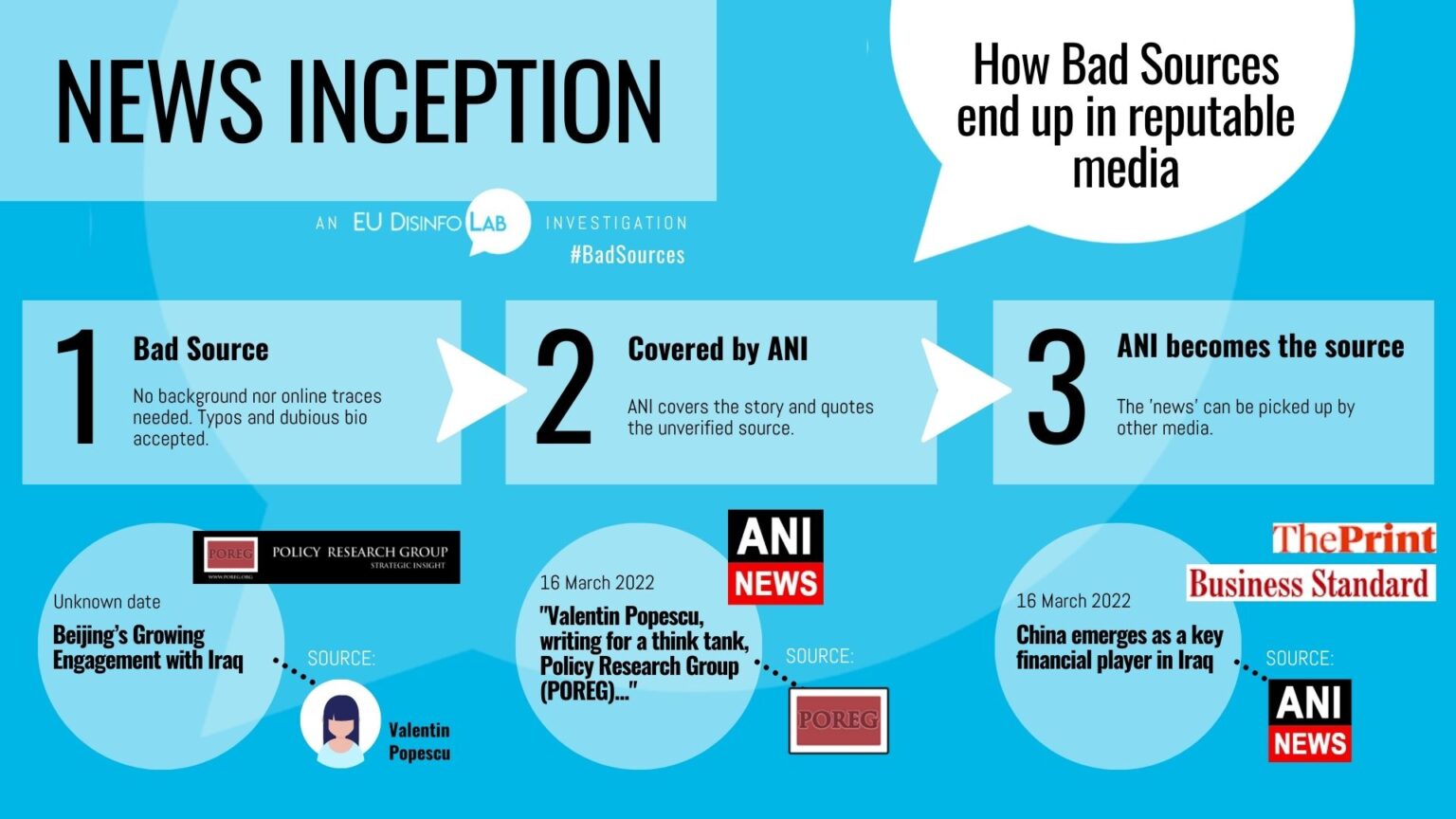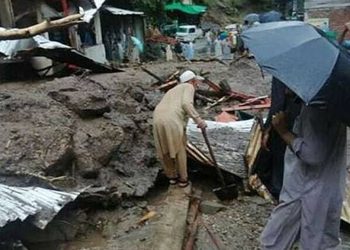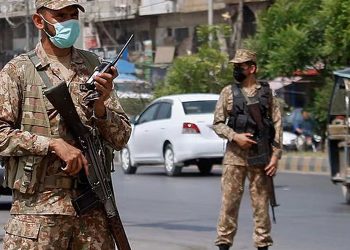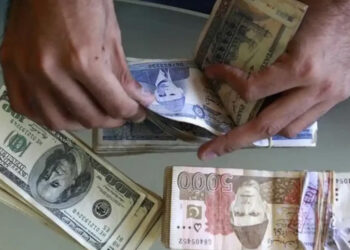The EU DisinfoLab has unveiled its latest investigation into anti-Pakistan/China influence operations and follows up on two previous investigations published in 2019 and 2020, leading to conclude that the Indian news agency ANI has been repeatedly quoting a think tank that was dissolved in 2014 and therefore no longer exists and has been using quotes from a journalist, as well as from several bloggers and supposed geopolitical experts, who do not exist.
According to a report released recently, the EU DisinfoLab’s investigation looks into a number of non-existent organisations, bloggers and journalists who are regularly quoted by Asian News International (ANI). ANI is an Indian news agency that plays a relevant role in the country’s information ecosystem, providing content for many well-established media across India, such as The Print and Business Standard. ANI’s articles are also reproduced on well-known digital portals such as Yahoo News. With this network, ANI acts as a purveyor of news to millions of Indians.
Also read: Pakistan rejects India’s attempts to deny disinformation campaign
In its report, the EU DisinfoLab says “it is worth adding that ANI had previously been accused of reporting the Indian government’s ‘version of truth’ by independent magazine The Caravan. Moreover, two previous EU DisinfoLab investigations have revealed that ANI regularly quoted the defunct ‘EP Today’ and ‘EU Chronicles’, two fake media outlets supposedly specialising in EU affairs that were, in fact, created to push anti-Pakistan/China narratives in India.”

It says that fake personae, self-described as James Bond fans, basketball players and management consultants, became geopolitical experts quoted by ANI numerous times on topics such as Pakistan’s army doctrines and China’s ‘wolf warrior diplomacy’.
A think tank, that we had previously linked to the Srivastava group and that was legally dissolved in 2014, is now quoted about twice a week by ANI. The think tank’s website falsely mentions real Canadian university professors as participants in a conference that they never attended, even concocting false quotes by these academics. We had already observed this identity-hijacking pattern in our previous Indian Chronicles investigation.
The narratives pushed by these fake personae and/or organisations are almost entirely about criticising Pakistan and China, countries that are not India’s greatest allies on the international stage. These fake experts or think tanks are quoted almost solely by ANI and then republished across several Indian media outlets. Besides ANI and those outlets republishing its content, barely any other established media covered the reports produced by these ‘Bad Sources’ (BS) – the name we gave to this investigation.


































